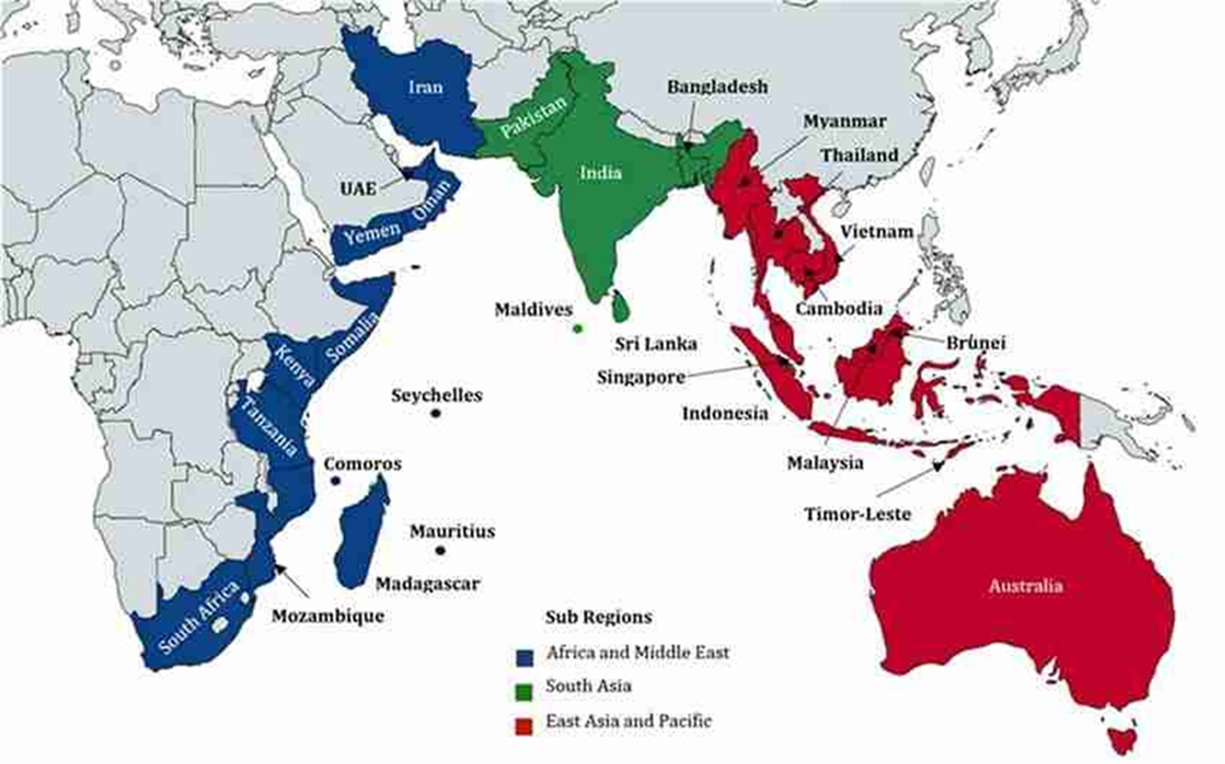A vegetarian diet could prevent the catastrophic future of intense heat and unpredictable heavy downpours of rain or snow. Recent flash floods which have killed over 200 in Spain are the latest in the long list of natural disasters which are occurring with increased frequency. Global mean temperature which was thought to rise by the end of this century (up by 1.5° Celsius) might rise by the end of the next decade. Some experts claim that the mean temperature in the Alps and the Himalayas has already increased by 2°C.

Adopting a predominantly plant-based diet has manifold benefits, even if we ignore the health benefits for humans. The benefits of global warming and climate change and their effects on all three domains of our environment—air, water, and soil—are noted below.
Reduction of Emissions
Meat production from livestock farming contributes 14.5% of all GHG emissions. That is more than the GHG emissions of all modes of transportation combined—planes, cars and other road vehicles, trains, and ships. Industrial fishing industries contribute about 5% of the GHG (Green House Gas) of all foods produced or roughly 179 million tonnes per annum.
Methane from cattle and Nitrous Oxide from manure and fertilizers are the main contributors. These gases are more potent than Carbon Dioxide in trapping heat in the atmosphere. The two gases – Methane and Nitrous Oxide when combined with Carbon Dioxide form the GHG. GHG traps and absorbs the long-wave radiation reflected from the earth causing global warming. Without the GHG, the earth’s surface temperature would be -18°C rather than the earth’s current average temperature of 15°C.

Deforestation and Exploitation of Land
Production of meat requires land, both for raising animals and for pastures. The land is also needed for setting up meat-related factories and for the disposal of their wastes. As the requirement for meat increases every year, more forests are cleared leading to deforestation. Thus, whole ecosystems are being destroyed contributing to the de-sequestration of carbon stored in the trees of the atmosphere. This exacerbates climate change. A vegetarian diet preserves biodiversity and sequesters carbon. Even Amazon rainforests are being cleared gradually making way for livestock farming and soya bean cultivation for animal feed thus destroying existing habitats.
Preservation of Water and It’s Pollution
Meat production is highly water intensive, especially for beef. A single kg of beef requires around 14,000 litres of water. Most vegetables need under 400 litres/kg, fruits around 500 litres/kg, wheat around 1500 litres/kg and rice around 2500 litres/kg. Run-off water from land which has been used for rearing livestock, meat production and processing units for meat products as well as fish cleaning or processing, contains chemicals and organic matter which pollute water bodies. Rivers and lakes supplying fresh water as well as the oceans are being polluted. This leads to the creation of dead zones and brings about ecological damage. Only 3% of our water is fresh and just 1% is fit for use for drinking purposes.
Energy Consumption
Meat, fish and poultry eggs need a lot of energy till they reach our dinner plates in a delectable manner. From pastures/ Co-ops and water bodies to slaughterhouses, cleaning areas, processing plants to markets and then to homes and restaurants; huge amounts of fossil fuels are used. Even the cooking time for plant-based foods is much less than that of animal-based products. A shift to a vegetarian diet can reduce energy utilisation and decrease demand for non-renewable resources.
Improving Soil Health
Intensive livestock farming degrades soil quality which contributes to erosion and loss of arable land. Sustainable farm practices like crop rotation can maintain healthier soils and increase our Planet’s capacity to absorb carbon.
Preservation of Biodiversity
The expansion of animal agriculture into forests, wetlands and grasslands destroys the habitat of countless species. This leads to species extinction and reduction in biodiversity which is so important for the planet’s symbiotic relationship. 70% of emerging infectious diseases spill over from wildlife as per a WHO report. We may soon be staring at the next epidemic/ pandemic similar to COVID-19, the virus of which had originated from the wet market of Wuhan, China due to indiscriminate eating habits. Another pandemic which struck in the last 20 years was Bird Flu. This also started with birds/ poultry meant for slaughter and human consumption. A vegetarian diet, on the other hand, helps preserve natural habitats, protect endangered species and maintain biodiversity thereby benefitting the environment and stabilizing ecosystems for climate change.
Preserving Ocean Wealth
Large water bodies like bigger rivers, lakes and oceans continue to be degraded by hungry/ greedy humans for fish and other marine foods. Fishing is a huge industry by itself, being just over $250 billion. The trawlers of commercial fishing industries scrape the ocean floor with huge nets destroying huge parts of the ocean floor and its species. Disused plastic nets and ropes are left behind on river beds, lakes and ocean floors which continuously leach out micro and nanoplastics. Overfishing is making numerous species extinct. Minor oil spills of millions of mechanized boats contribute to tons of toxic oil films on the surface. Huge nets not only kill fish but other inedible species too. 300,000 whales and dolphins and 250,000 sea turtles are needlessly killed every year. Yes, fishermen know no other profession. Fish is their main source of protein. But what about the commercial fishing industry?
Fighting World Hunger
A large portion of the world’s crops are grown for feeding livestock and other animals/ birds for slaughter as food. If the same land and resources were used for plant-based foods for humans, no one would sleep on an empty stomach. Vegetarianism is more than a personal choice for health reasons. It is a powerful step towards a more sustainable future.

Conclusion
Our Upanishadic quote of ‘Vasudhaiva Kutumbakam’ upholds the idea of the world being one family—that includes all animals, birds, and marine fish/ animals. A plant diet not only benefits our well-being but is also the most effective way to protect Mother Earth and combat climate crises. It endeavours to justify the theme of one earth, one family, and one future.
Title image courtesy: ORF
Article courtesy:https://genkris.wordpress.com/
Disclaimer: The views and opinions expressed by the author do not necessarily reflect the views of the Government of India and Defence Research and Studies










